
The rapid development of artificial intelligence (AI) has profoundly changed the way we live and work. However, traditional AI applications often rely on the powerful computing resources of cloud computing centers, which in some cases can lead to high latency, data privacy issues, and dependence on network connections. The emergence of edge artificial intelligence architecture aims to solve these problems, introduce AI to the device side, and give the device intelligent decision-making and analysis capabilities to achieve real-time and privacy protection in more scenarios
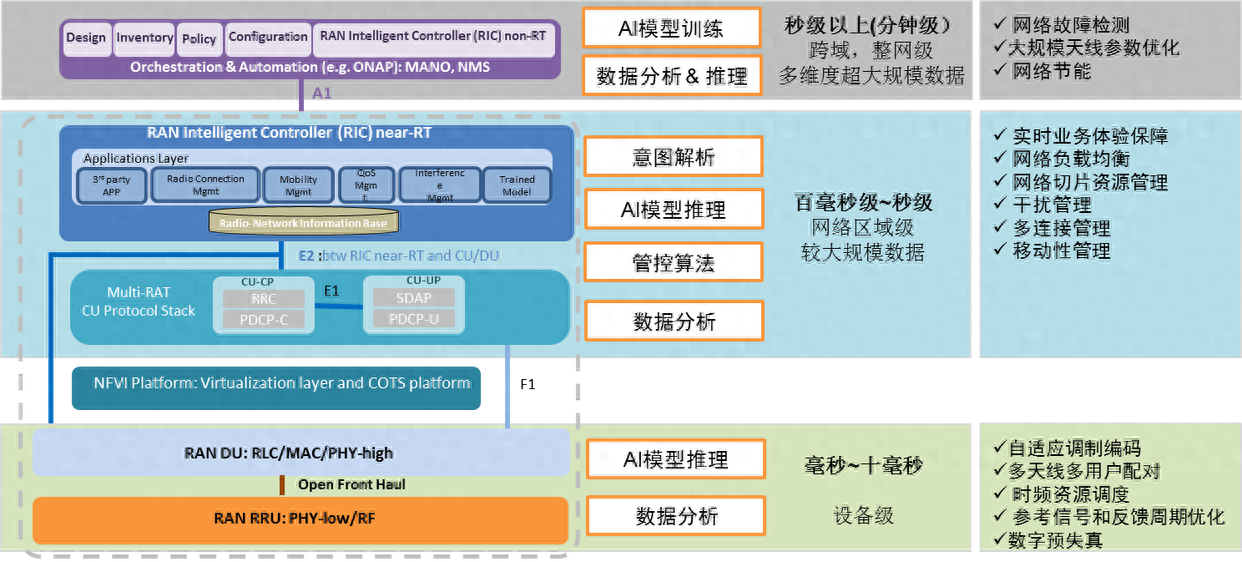
Edge artificial intelligence is an emerging technology architecture that deploys artificial intelligence models and algorithms on the device side, such as Sensors, cameras, smartphones, IoT devices, etc. enable these devices to process and analyze data autonomously, reducing reliance on cloud computing. This architecture has the following important implications: 1. Improve response speed: Edge artificial intelligence enables devices to process data locally without transmitting data to the cloud for processing, thus greatly reducing latency and improving response speed. 2. Improved privacy protection: Since data is processed on the device rather than transmitted to the cloud, the edge artificial intelligence architecture can better protect user privacy and reduce the risk of data leakage. 3. Save bandwidth resources: Edge artificial intelligence can perform data processing and analysis on the device side, and only transmits key information to the cloud, avoiding large amounts of data transmission, thus saving bandwidth resources. 4. Improve system stability: The edge artificial intelligence architecture deploys artificial intelligence models and algorithms on the device side, allowing the device to independently perform data processing and decision-making. Even if the network connection is unstable or interrupted, the system can still operate normally. . 5. Promote the development of edge computing: The emergence of edge artificial intelligence has promoted the development of edge computing, extending computing capabilities from the cloud to the device, providing more application scenarios and possibilities for all walks of life. In short, the emergence of edge artificial intelligence architecture is of great significance for improving response speed, protecting privacy, saving resources, improving system stability and promoting the development of edge computing
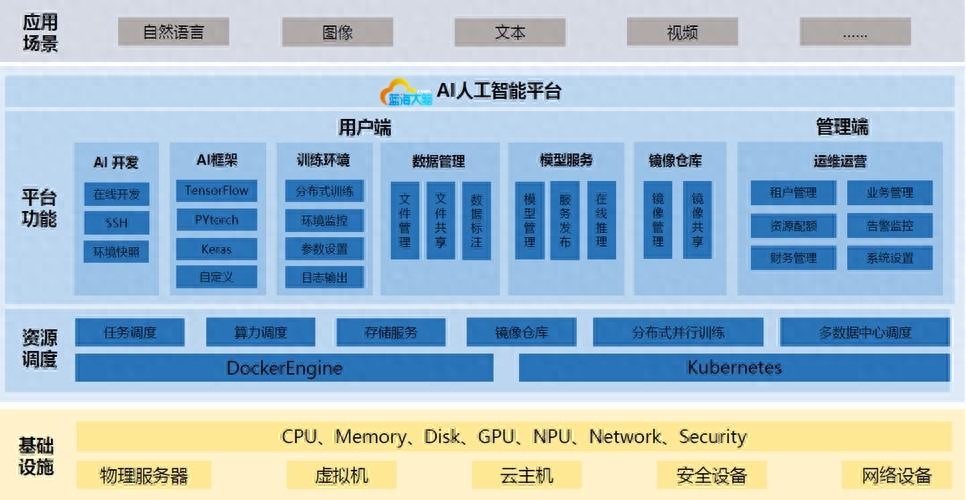
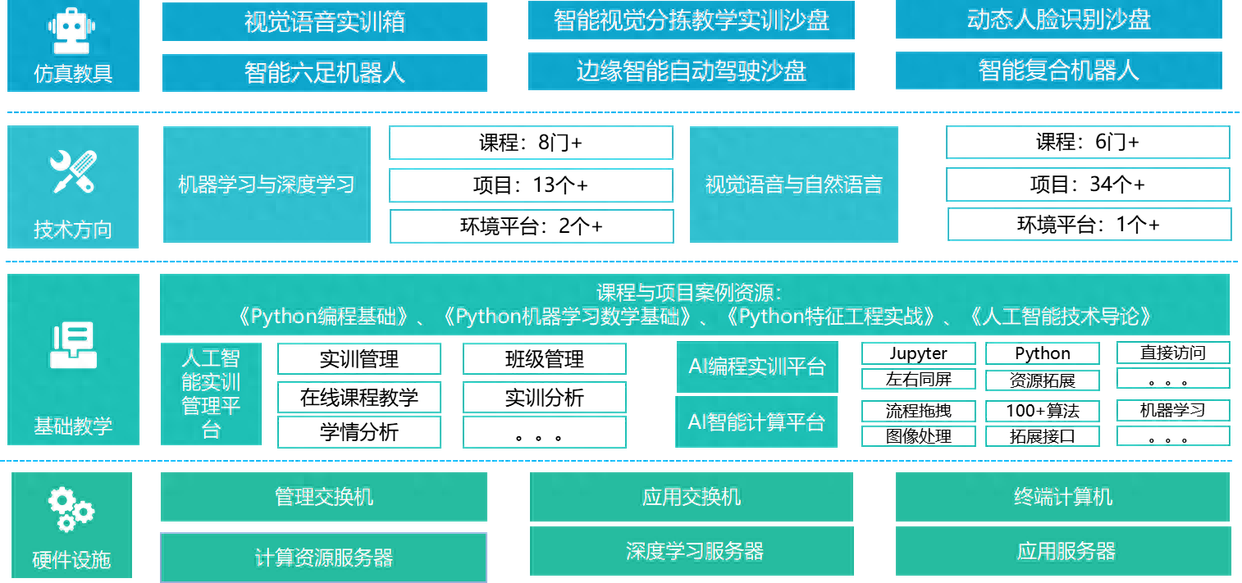
To achieve edge artificial intelligence, it is necessary A complete architecture includes the following key components:
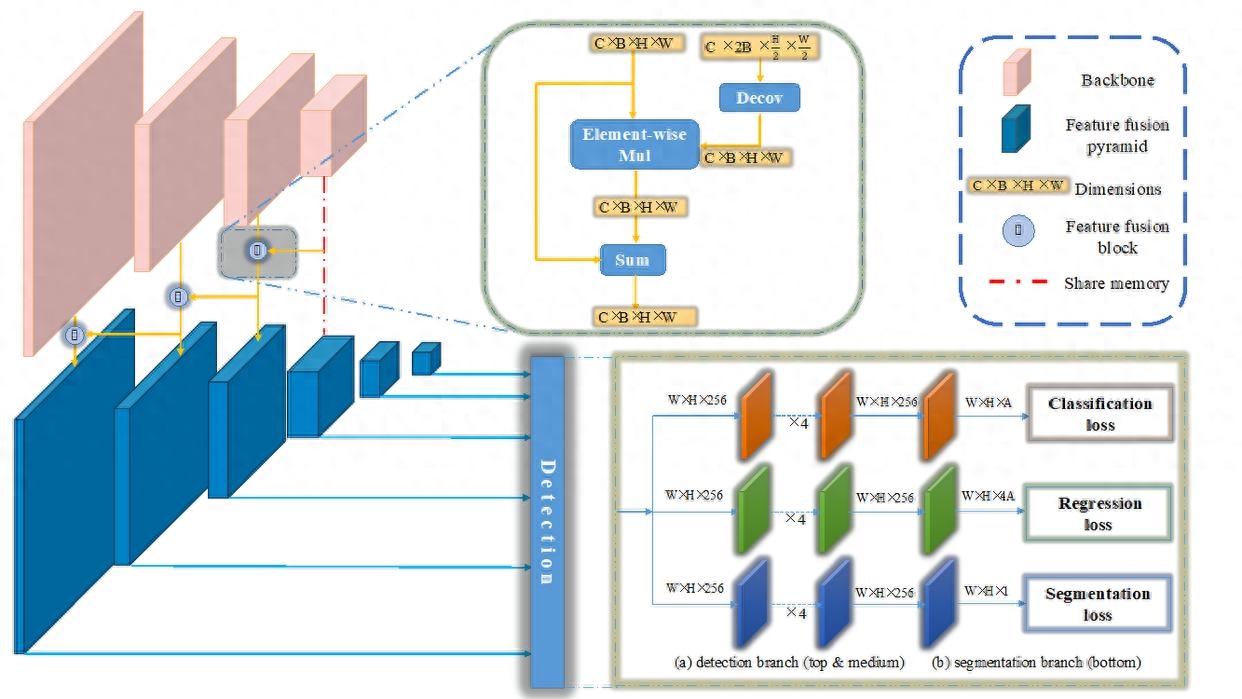
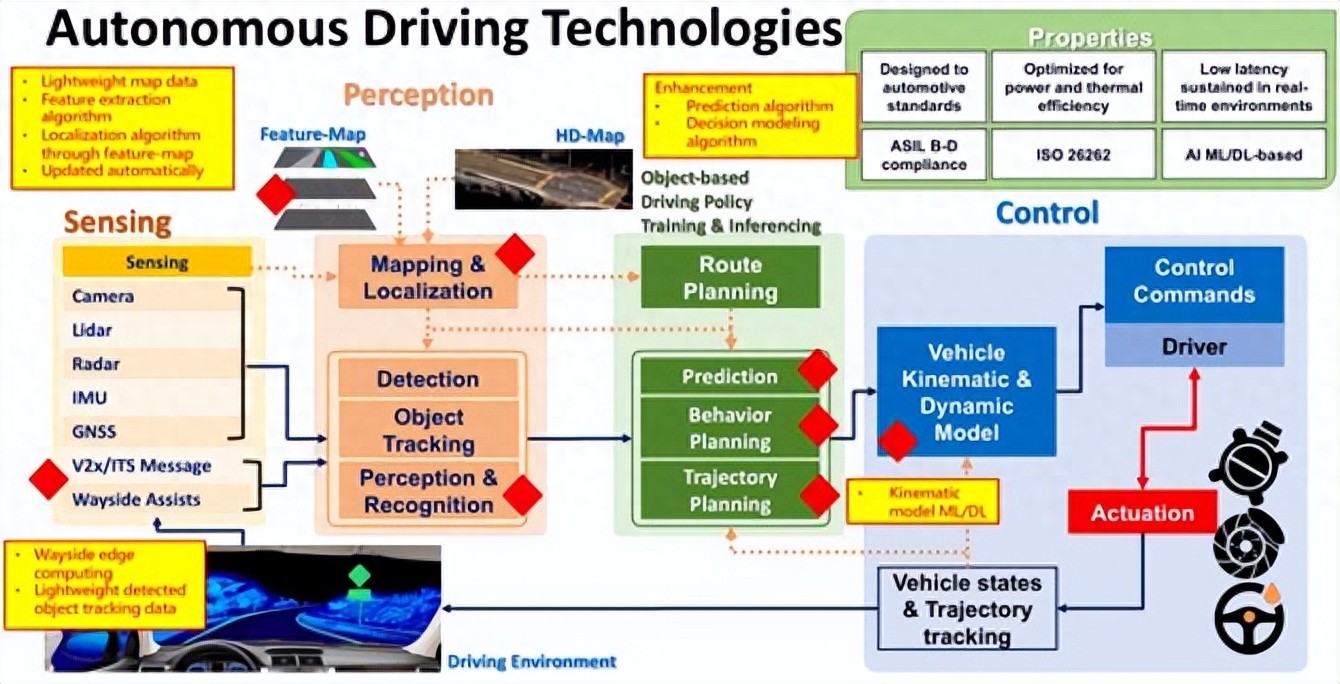
With the rapid development of IoT and 5G technology, the prospects for edge artificial intelligence are very broad. We can expect edge artificial intelligence to play a greater role in future fields such as smart transportation, smart factories, and smart healthcare. At the same time, with the advancement of hardware technology, the computing power of the device will continue to improve, and more complex artificial intelligence models can be deployed on edge devices, thereby realizing richer application scenarios. The continuous evolution of edge artificial intelligence architecture will bring us a new era of more intelligence, efficiency, and privacy protection
The above is the detailed content of New Title: Bringing Artificial Intelligence to Device-Side Edge Architectures. For more information, please follow other related articles on the PHP Chinese website!
 Application of artificial intelligence in life
Application of artificial intelligence in life
 What is the basic concept of artificial intelligence
What is the basic concept of artificial intelligence
 How to solve the "NTLDR is missing" error on your computer
How to solve the "NTLDR is missing" error on your computer
 Windows cannot configure this wireless connection
Windows cannot configure this wireless connection
 Why can't the Himalayan connect to the Internet?
Why can't the Himalayan connect to the Internet?
 How to set up web page automatic refresh
How to set up web page automatic refresh
 Linux modify file name command
Linux modify file name command
 trigger_error
trigger_error




